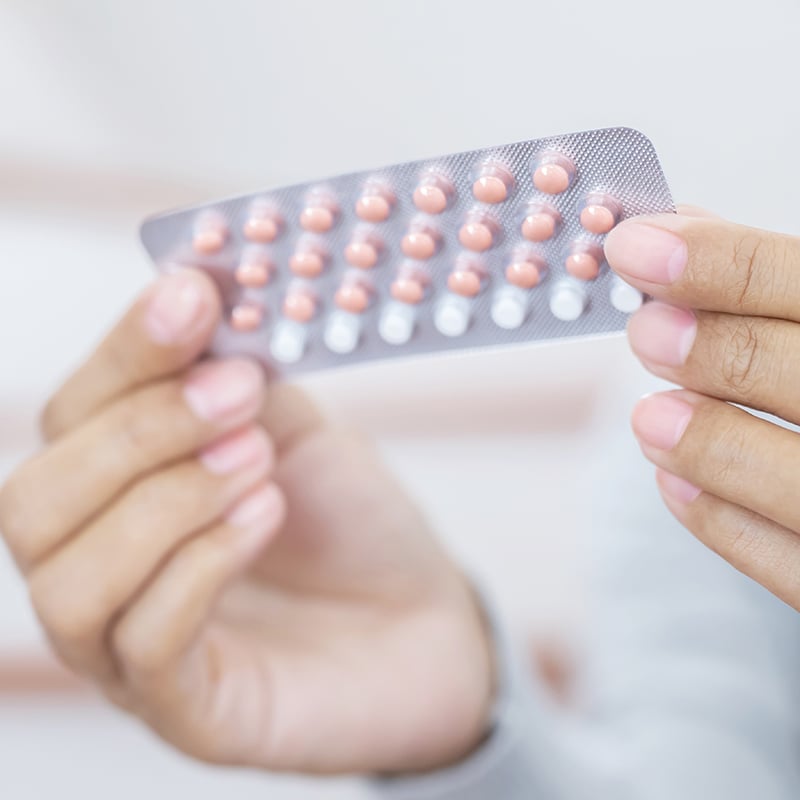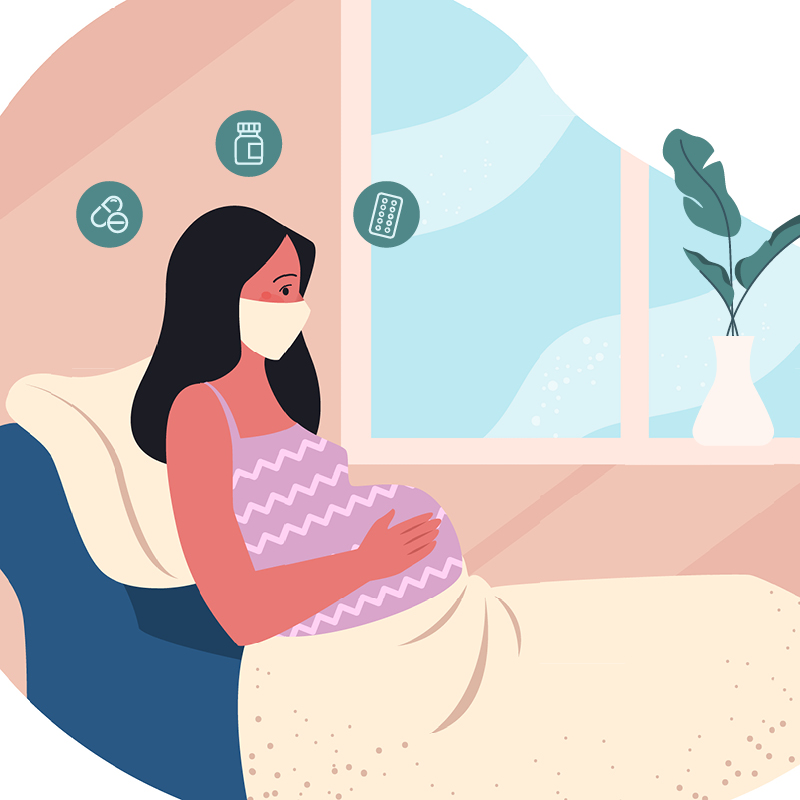Establishing a good care relationship with a gynecologist early in life is important for young women. Finding a health care provider they can trust is formative for their reproductive and overall health.
Elizabeth Bostock, MD, is an OBGYN with Rochester Regional Health and has seen many first-time patients. She shares when young women should have their first gynecologic visit and what to expect.
Scheduling an initial visit
The American College of Obstetricians and Gynecologists recommends young women schedule their first visit to an obstetrician-gynecologist (OBGYN) between the ages of 13 and 15. OBGYN visits at this age are focused on preventative health care services and providing education and guidance. Regardless of whether a patient is sexually active, scheduling this first visit is important for understanding the health of their body as a whole.
Upon arrival, the gynecologist will want to get to know their patient and make them aware that there is a doctor who will be available to talk specifically about their reproductive health. Some adolescents may feel uncomfortable talking about health issues in the presence of a parent or caregiver, which makes the trust between the patient and OBGYN early in life so crucial.
“I will ask if they are nervous and what they may have heard about an initial gynecologic visit,” Dr. Bostock said. “It is my responsibility to reassure them that, regardless of what they may have heard, your body is your own and it will always be your choice about what we do.”
A first visit will mostly be talking. The conversation will center around:
- family history
- personal history
- sexual development
- menstrual cycles and a normal cycle
- sexual activity
- safe behaviors & practices
Beyond these topics, an initial visit will also include questions about health-related concepts such as exercise, nutrition, social and emotional health, and immunizations. Some patients may have their gynecologist check their heart and lungs.
Exams and tests
In some cases, if a patient expresses concerns about problems with their period, vaginal discharge, potential sexually transmitted infections (STIs), or other issues, their gynecologist may perform a brief genital development exam or internal pelvic exam.
A blood test may be recommended for patients who are experiencing abnormal periods. This can help to determine if the thyroid is functioning properly, or if the hypothalamus and pituitary glands are communicating properly with the ovaries.
If the patient or their gynecologist are worried about an STI, testing is available. This can be performed using urine, blood, or a direct cervical culture.
Full pelvic exams should begin at age 21 unless otherwise indicated by medical history or symptoms, according to the American College of Obstetricians and Gynecologists. Patients may need one if they are experiencing:
- abnormal bleeding
- unexplained discharge
- pain with intercourse
- pelvic pain
- sexual dysfunction
- vaginal dryness
- vaginal bulge
- urinary issues
- inability to insert a tampon
A pelvic exam will typically have a gynecologist assess a patient’s external genitalia, use a speculum to look at the inside of the vagina and cervix, and perform a bimanual palpitation of adnexa, uterus, and bladder.
Providers will explain each portion of the exam, why they recommend it, and how long it takes to complete. A patient can then choose whether or not to undergo the exam.
“In every phase, the patient has the choice to say they are uncomfortable and no longer wish to continue. They shouldn’t be in pain or uncomfortable or give up their choice,” Dr. Bostock said.
Gynecologic providers also offer vaccines for patients – including HPV, COVID-19, and flu vaccines. However, most primary care physicians or pediatricians will take care of immunizations with their patients.
Future visits
Once the initial gynecologic visit is finished, a date will be scheduled for the next appointment. If there are no issues or medications being started, visits to the gynecologist are typically scheduled on an annual basis.
Depending on the outcome of the initial appointment, a follow-up visit may be scheduled in 1-3 months. Some concerns that lead to follow ups may include:
- debilitating periods (excessive flow or bleeding, irregularity, feeling embarrassed)
- changes in vaginal discharge
- safe sex practices
- STI testing
- not having your first period by age 15
“It is the role of a gynecologic provider to offer education on what to expect from your body,” Dr. Bostock said. “Regular visits to a gynecologist are part of a critical partnership to keep young women healthy.”








